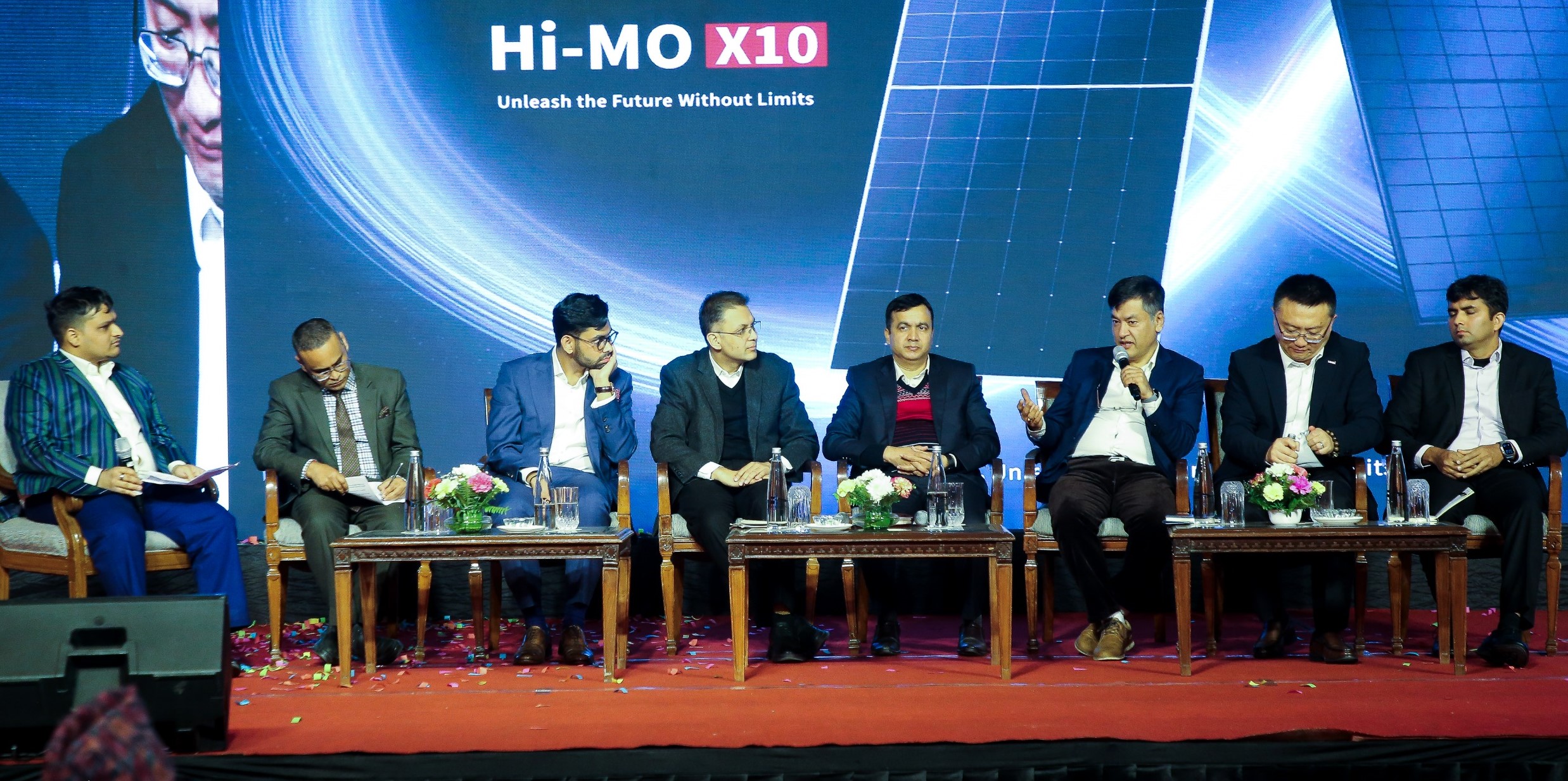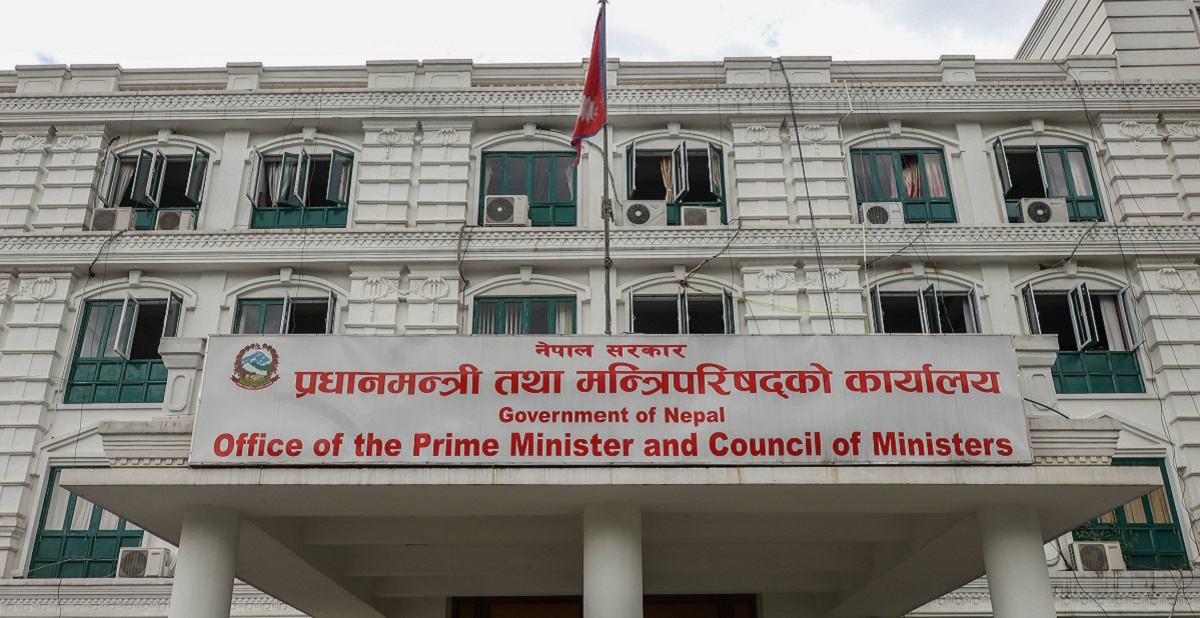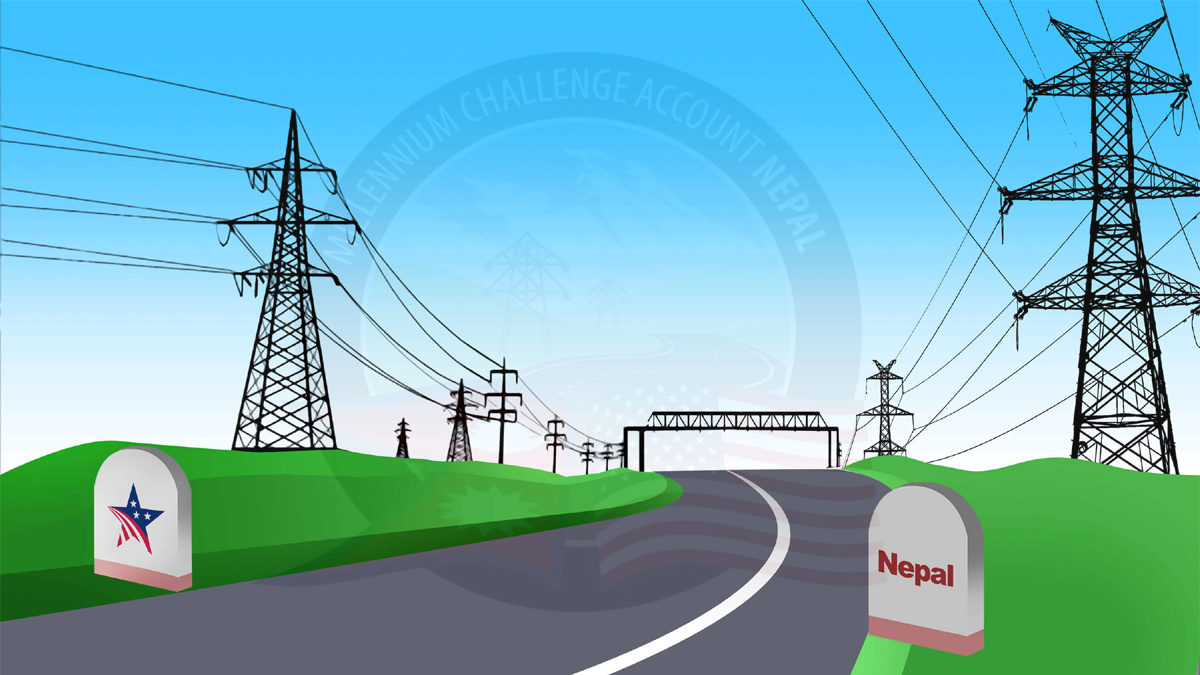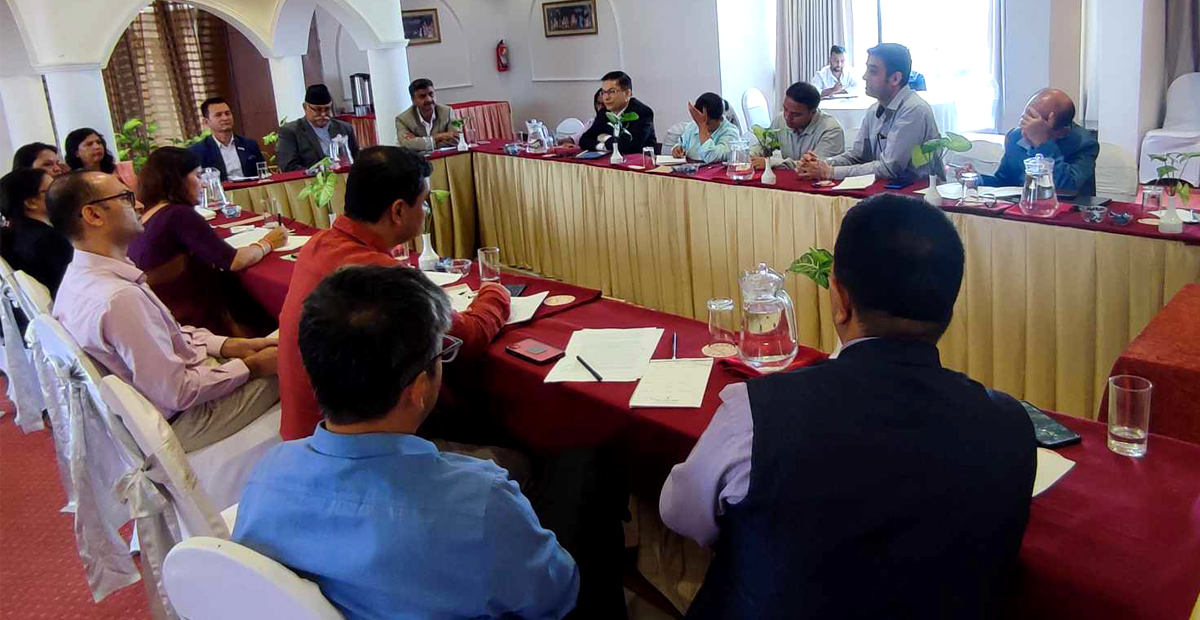Energy Update
Deals to export around 2,200 MW of electricity signed at the sideline of the conference: IPPAN
Private sector energy developers reap high hope of expanding cross-border electricity trade in future
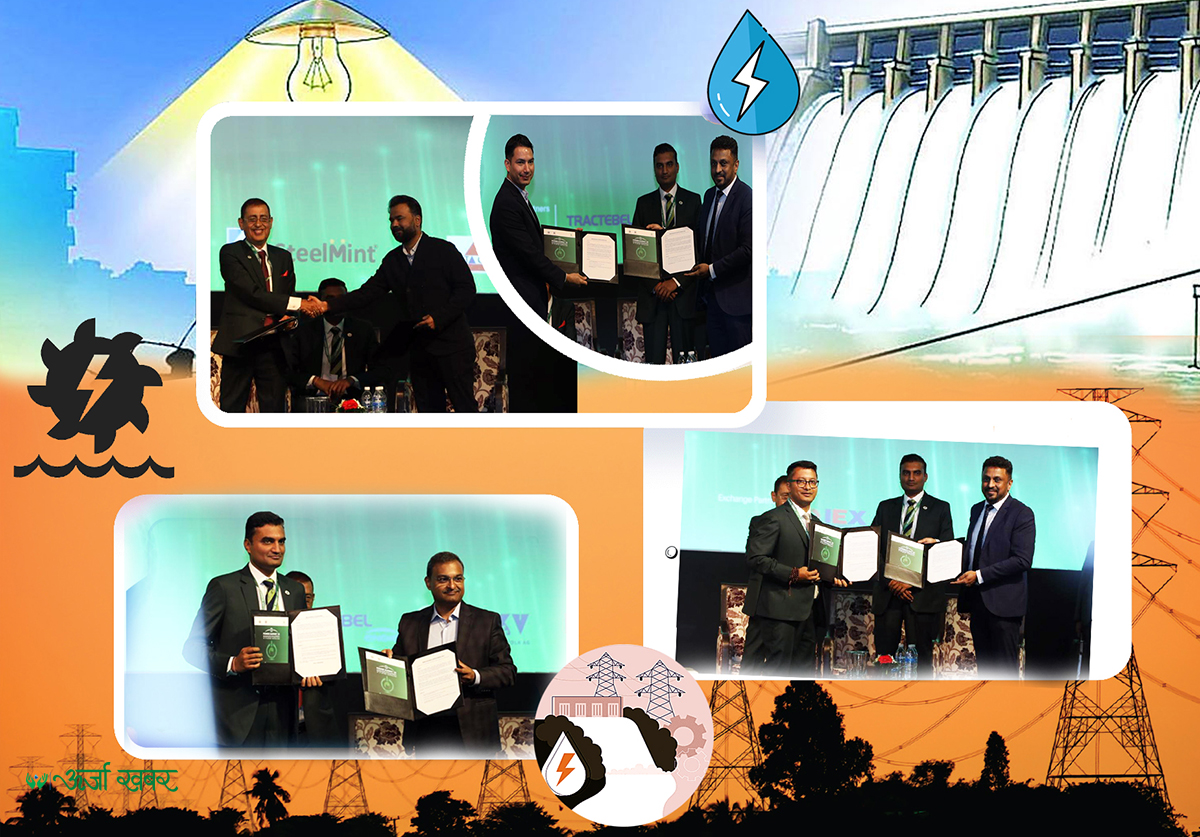
Kathmandu; The private sector energy producers have expressed their confidence that they can sell over 2,200 MW of electricity to India at the present condition.
According to them, they even signed agreements to export the aforementioned amount of electricity to the Indian buyers in the two-day 'Power Summit, 2023' that concluded on Wednesday. Seven agreements and understandings were signed between domestic and Indian companies in areas such as the study of the effects of climate change, cooperation in disaster risk reduction, and electricity trade, said the organizer.

The conference was organized with an aim of expanding the internal and external market of energy and hydropower produced in the country. Overall, the private sector envisages that more than 2,200 MW of electricity can be sold in India given the government creates a suitable environment for it.
On the first day of the conference, a memorandum of understanding was signed between Bizbel Energy Pvt Ltd, the developer of 103.5 MW Chuwakhola and Manikaran Power of India. Similarly, Kasuwakhola Hydro Power Limited, the developer of 85 MW Kasuwakhola, also inked an agreement with Manikaran. On the second day, an Indian industrial house named Vedanta submitted a letter of intent to buy up to 2,000 MW of hydropower from Nepal.

Vedanta is reported to have forwarded a letter of intent to Nepal Power Exchange Company (NEPEX), an entity established under the leadership of the Independent Power Producers Association of Nepal (IPPAN). The Indian company itself has been producing about 12,000 megawatts of electricity from thermal and diesel plants for its own purposes.
At present, the Indian giant consumes 9500 megawatts of the electricity it produces in its own industries and feeds the rest to the central grid. Ashish Garg, vice president of IPPAN, said the initiative of the Vedanta showed the willingness of Indian companies to enter into a long-term power purchase agreement (PPA) with Nepal's hydropower producers. According to Garg, Vedanta has put forward a strategy to reduce the electricity produced by its thermal-based power plants.
It is estimated that the annual turnover of Vedanta, which produces products such as aluminum, copper and zinc, is US $40 billion. By 2030, the company has targeted to reduce carbon-containing electricity produced by 50 percent to 6,000 megawatts and supply 6,000 MW of clean energy. This means the company has a long-term plan to purchase hydropower from Nepal, according to Garg.
At a time when India is adopting the strategy to take the economy to zero carbon emissions by 2070, it seems that the Indian manufacturers under the leadership of companies like Vedanta, have started setting separate targets for reducing carbon emissions. Garg expressed confidence that Nepal can directly benefit from the Indian initiatives.
Meanwhile, an agreement has been signed between Kathmandu University and Simrik Ventures for studying and promoting green hydrogen development. Similarly, an agreement has been reached between Green Resource Pvt Ltd, and India's Fifty Hrz (50 Hrz) Company and NEPEX and Power Mint to forecast and schedule the produced electricity and study various aspects to provide electrical data required for the industrial sector of Nepal.
On the other hand, 10 hydropower projects under construction in Mai Khola have entered into an agreement with IPPAN to provide the necessary data to estimate possible disasters that can be produced due to the fluctuation in water level in the river and to take the measures to minimize the disasters accordingly.
During the conference, participants underscored the need for the new electricity act or its alternative measures, opening the doors of electricity trade to the private sector and involving private companies in the construction of transmission lines. According to Garg, the conference was organized, also to establish the role of the private sector in the electricity business and to pressurize the authorities concerned to prepare necessary policies and regulations.
“We have felt that the purpose of the conference has largely been realized, which will definitely help yield some positive results," Garg said. "The government body has also felt that it is already too late to bring rules and regulations."
IPPAN President Krishna Prasad Acharya also stressed the immediate need for an ordinance or amendment to the existing law. He said that the private sector should be permitted for the cross-border electricity trade.
Conversation
- Info. Dept. Reg. No. : 254/073/74
- Telephone : +977-1-5321303
- Email : [email protected]










